Column
How I Make Time To Write As A Working Mom
When asked about her creative process in a recent feature in the New York Times, Isabel Allende replied, ‘Silence, solitude, and time. That’s all I need.’ Given that her latest novel, A Long Petal Of The Sea, is her 24th book, she clearly knows her writing process.
My writing process, however, is nothing like Allende’s. Neither is my output.
I feel jealous of Allende for being able to devote herself to her chosen task by having access to adequate space, solitude, and time, thus ensuring optimum output. The nights I stayed up late to write, after fulfilling responsibilities towards my job, household, and family, are reminders that her life does not reflect mine. In fact, her life does not reflect the life led by most of us.
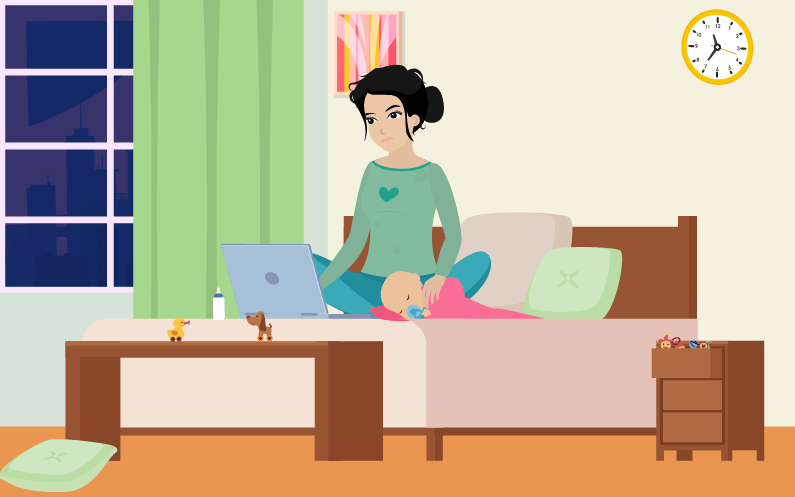
Internalising Gender Roles
In my family, my mother was a housewife, but my aunts held jobs. Their salaries gave them a measure of independence and brought additional financial stability to their families. They could afford a (slightly) larger apartment in Mumbai and hire household help to ease the demands of cooking and cleaning that sat squarely in their domain.
I wanted the same kind of financial independence, despite the simple truth that stared me in the face. A full-time job meant less time, less energy, and less bandwidth to focus on other aspects of myself.
After moving to the U.S., I learned first-hand, initially as a student, and later, as a working mother, the additional burden placed by deep-rooted gender roles wherein the woman gets saddled with the details of running a household, and holding a family together, while tending to her own needs.
I thoroughly enjoyed my job as a scientist, but ever since I took up writing as a hobby, I realised that I had found my raison d’être (or, my ikigai). The hope that I will write helps me get up in the morning and drives me through each day.
When Motherhood Beckons
Motherhood is a major life event that impacts women in ways that it doesn’t impact men. From the physical demands of pregnancy to the emotional needs of small children, women bear the brunt of parenting, a task that greatly reduces their personal free time.
I began writing during my pregnancy and wrote furiously in the months following my daughter’s birth. With no household help, I figured out day-care arrangements, meal plans, and laundry runs. As she grew up, there were immunisation schedules to track, birthday parties to attend, and a tidy home to maintain, while continuing to work full-time. Ensuring that all these boxes were adequately checked off was the socially accepted proof that I was a good mother and wife and a proficient scientist, and could juggle and manage it all.
To avoid being seen as ‘selfish’ for pursuing something that was meaningful only to me, I kept the writer part of myself hidden from view. I wrote late at night, in stolen moments before my body collapsed from exhaustion, trying to assuage my feelings of guilt for ignoring my muse. Like most affairs of the heart, this one also took a toll.
As my career progressed, I had to give it time. When I moved to India, I continued my rising career trajectory by giving it even more of my time. With each movement, I sacrificed the secret stash of time reserved for my writing. Later, when a host of other personal challenges came my way, I completely lost my motivation to write, focussing instead on the daily demands of life.
Milestone birthdays have way of sneaking up on you and smacking you in the face with unpalatable truths framed within the context of the relentless passage of time. In midlife, I finally found the courage to acknowledge that I had done wrong by my ikigai for 15 years.

(Isabel Allende – Ranjani’s Inspiration; Image via Larevista.ro)
Life Changes, Priorities Change
Some things became easier in the third leg of my career in Singapore. While I still manage a full-size family (my children are grown but haven’t yet flown the nest) and hold a full-time job (and probably because of it), there is greater financial security. My children are more independent and less demanding of my time.
Today, I choose time in the ongoing tussle between time and money. This could mean shortening my commute by taking a taxi to work, or hiring expensive but reliable domestic help. The reason I am able to do so is that many years ago, at one fork in the road, I had chosen a consistent paycheck.
Not anymore. Today I chose my ikigai – writing.
As I write this, I realise that the act of complaining, itself, is a privilege. Nevertheless, I grumble about my job and family solely because I am not satisfied with my writing output. Having lost many years to all my other responsibilities, I am finally done with excuses. I want to put writing front and centre in my list of priorities.
But gender roles that are deeply embedded in my psyche make it difficult for me to excel at everything on my plate – work, home, and hobbies, without burning out.
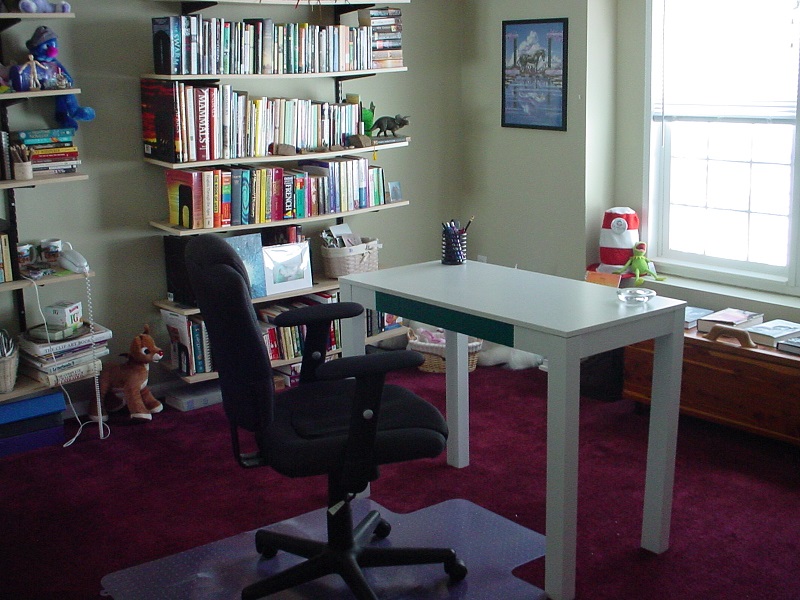
(Image via Renee Carter Hall)
Turning The Tables
Last year, I decided to turn the tables, not by changing my situation, but by altering the way I saw it. A simple shift in mindset, i.e., moving from a constraint-mindset to a gratitude-mindset, has made a world of difference, both to the quality and quantity of my writing.
Instead of considering my job which takes up most of my waking hours, and my family which occupies most of my brain space, as my two major impediments, I started thinking about them as assets.
My monthly salary pays the bills and supports my lifestyle, leaving my mind free to explore new ideas. Long stretches of time are short in supply, so I write in every available gap – on the bus, at lunchtime, before bed. I scribble notes on my phone, on loose sheets of recycled paper, and bookmark links to articles. Surprisingly, every little bit adds up. In fact, my most recent article in the Straits Times was completely written on my phone.
As a writer of personal essays, my inspirations are buried in the daily minutiae of my life. No movement and no involvement would mean no triggers for writing. Having my children at home makes it a vibrant space buzzing with news, gossip, and memes. My children provide the fodder for my writing and have been instrumental in enabling my entry into the hitherto unexplored world of social media.
To carve out silence and solitude (a la Allende), I frequently designate a small, spare room as a private space that is free of interruptions, and conducive to creativity. I write late at night, but I also write early in the morning. Signing up for regular writing gigs, like this monthly column, moves my writing from mere hobby to a commitment with tangible deliverables.
(Image via Barnard.edu)
Why I Write
I write because I read. As a lifelong reader, I am sure I have been accounted in the surveys that show that female readers account for 80% of sales of fiction books. I am also among those women who attend literary festivals and have library memberships. Like many mothers, I have read to my children and continue to press them to read more books.
I write because female writers like Enid Blyton introduced me to the joys of reading, a journey enriched by contemporary storytellers like Elif Shafak and Chimamanda Ngozi Adichie who inspire me by transcending their own obstacles.
I write because it is my ikigai. I believe that women’s writing brings a unique angle to our understanding of the world. As Carolyn See claims, ‘Every word a woman writes changes the story of the world, revises the official version.’
By writing I am doing exactly that – changing the official version to a more balanced one.
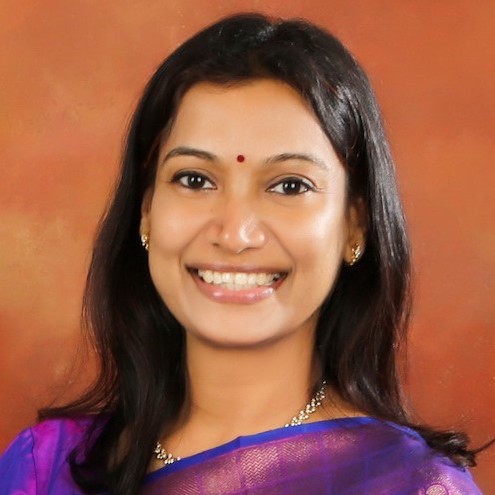
Ranjani Rao is a scientist by training, writer by avocation, originally from Mumbai, and former resident of USA. She lives in Singapore with her family and is presently working on a memoir. She is co-founder of Story Artisan Press and her books are available on Amazon.
You can read her articles here.

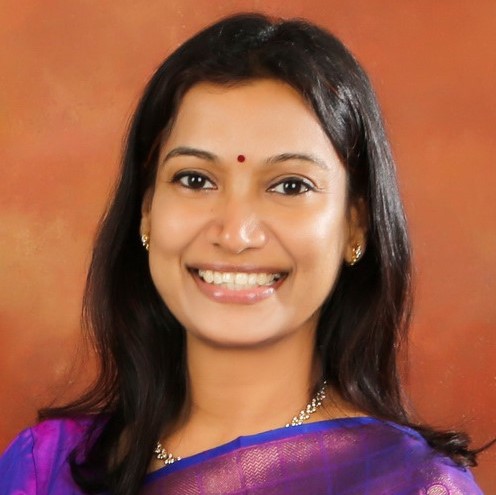

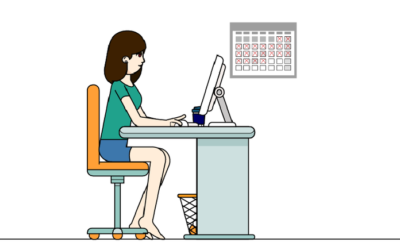


Lucid style, honest content. I enjoyed this narrative about struggling with impediments to writing, and also your cognitive reframing of said impediments as sources of material and inspiration. Story Artisan Press also seems to fill a niche: bite-sized books affordably priced. A good way for new writers to break into the market, and for readers to try new writers.